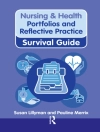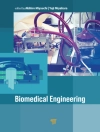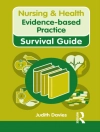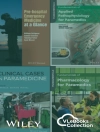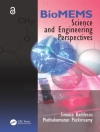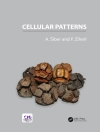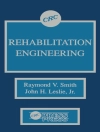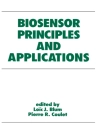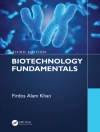The first reference of its kind, An Evidence Base for Ophthalmic Nursing Practice alleviates the need for every ophthalmic practice area to develop diverse, often contradictory, guidelines. This book informs guidelines and protocols and provides up to date, evidence based information, covering: condition management (lice infestation, conjunctivitis, recurrent corneal erosion, removing foreign bodies, chalazion, pain management, acute glaucoma); techniques (padding, taking eye swabs, irrigation, administering eye drops, keratometry); and other topics, including papillary dilation, standards for driving, screening, topical anaesthesia and the eye, and prescribing.
Tabla de materias
Preface ix
Contributors x
Introduction: evidence and practice xi
Section 1
Lids and lacrimal
1 Basal cell carcinoma 3
2 Blepharitis 7
3 Cellulitis 9
4 Chalazion (meibomian cysts) 13
5 Dry eye syndrome 17
6 Ectropion 25
7 Entropion 29
8 Infestation of lashes: phthiriasis palbebrum 33
9 Lid eversion 35
10 Sac wash-out (irrigation of the lacrimal ducts) 39
11 Schirmer’s tear test 43
12 The Tear fi lm break-up time 47
Section 2
Conjunctiva
13 Conjunctivitis 51
14 Subconjunctival haemorrhage 55
Section 3
Cornea
15 Bacterial corneal ulcers 59
16 Bandage contact lenses 63
17 Contact lens care 65
18 Corneal scrape 73
19 Corneal topography 75
20 Herpes simplex keratitis/dendritic ulcers 79
21 Marginal ulcers and keratitis 83
22 Recurrent corneal erosion 85
Section 4
Angle and aqueous
23 Acute glaucoma 93
24 Angle assessment 97
25 Tonometry 103
Section 5
Lens
26 Biometry (IOL calculation) 109
Section 6
Vitreoretinal
27 Age-related macular degeneration 117
28 Fluorescein angiography 121
29 Indocyanine green angiography 125
30 Intravitreal injection procedures in the treatment of AMD 127
31 Photodynamic therapy 133
Section 7
Neuro-ophthalmology
32 Cranial nerve III palsy 137
33 Cranial nerve IV palsy 141
34 Cranial nerve VI palsy 143
35 Assessing pupil reactions 147
36 Electroretinogram and electro-oculogram 151
37 Visual evoked potential 155
Section 8
Pharmacology
38 Administration of eyedrops and ointment 161
39 Eyedrops that dilate the pupil (mydriatics and cycloplegics) 165
40 Eyedrops and health-care assistants 169
41 Prescribing and supplying drugs 171
42 Topical anaesthetics and the eye 177
Section 9
Trauma
43 Eye irrigation 183
44 Padding/patching the eye 187
45 Foreign body removal and treatment 191
46 Hyphaema 197
47 Ocular burns 201
48 Sprayed chemicals and the eye 207
49 Surface ocular trauma: treatment 211
50 Triage in the ophthalmic setting 217
Section 10
General topics
51 Cannulation 223
52 Differential diagnosis of the red eye 227
53 Focimetry 229
54 Heat treatment 233
55 Infection control in ophthalmology 235
56 Managing pain, nausea and vomiting 243
57 Visual acuity testing (in adults) 245
Section 11
Legal aspects of care and policy
58 Low vision registration 253
59 Recommendations for low vision services 257
60 Consent to treatment 265
61 Vision and driving 277
62 Standards for information for people with a visual disability 283
63 New pathways for common eye conditions 287
64 The Disability Discrimination Act 293
65 Visual health and Government priorities 297
Appendices 299
1 Orthoptic abbreviations 301
2 Glossary 305
3 Useful addresses 313
4 Useful references and documents 319
Index 321
Sobre el autor
Janet Marsden is former Chair of the Royal College of Nursing’s Ophthalmic Nursing Forum, and a Postgraduate Programme Leader at Manchester Metropolitan University.


